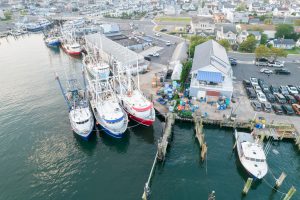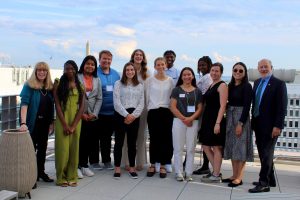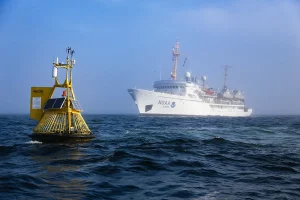NOAA”s Ocean Acidification Program (OAP) advances ocean acidification science, education and outreach. The needs of audiences around the nation grows with the advancement of our knowledge. We will assess stakeholder needs nationwide via listening sessions to identify gaps, priorities, and the ways in which we can support people impacted by ocean and coastal acidification. The listening sessions help us understand formal and informal educators’ priorities and needs, how ocean acidification and ocean change intersect, and ways we can best support education and outreach projects and initiatives.
The listening sessions will help inform:
- Funding opportunities such as education mini-grants, and future Notice of Funding Opportunities (grants)
- Updates to the NOAA Ocean Acidification Education Implementation Plan
- Best practices for outreach and education initiatives that support your needs
Format: The listening session will begin with a brief overview of the NOAA Ocean Acidification Program and the stakeholder needs assessment project. Next, participants will have the opportunity to share your priorities and concerns in your work and daily life on how ocean change and ocean acidification has impacted you, and identify ways we can support you. Your anonymous responses will be recorded using Mentimeter.
Visit our Listening Session Collection to register for a listening session in your region! Can’t attend one in your region? Choose another listening session.





